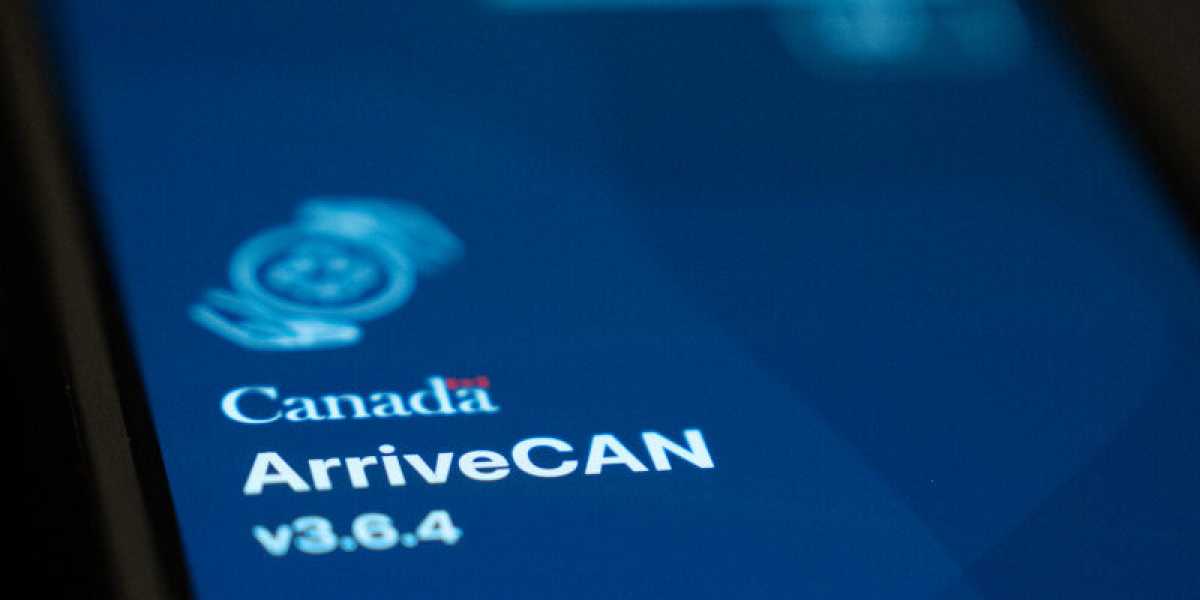Politics
Government’s Procurement Controversy Unveiled: A Close Look at ArriveCan Debacle

Canadians have been treated these last few months to the uncomfortable spectacle concerning the development of ArriveCan, a border control app developed during the pandemic for screening entrants for COVID-19. Claims of malfeasance, poor management, and oversight have only multiplied as the weeks have dragged on.
Ironically, the application has enjoyed heightened scrutiny in the public eye despite its relatively low value. Even at its potentially inflated cost of $59.5 million, the program remains far outside the most expensive federal procurement projects. Yet despite its relatively small price tag, the ArriveCan debacle has become a firestorm with such a high public profile because it was representative of several controversial COVID-era-related restrictions and the attendant contentious political debate surrounding the pandemic.
First, some context of how procurement operates in Canada. All government procurement in Canada is overseen by the Public Services and Procurement Canada (PSPC), which acts as a purchasing agent. In reality, these operations are always a collective effort between several departments and agencies. In the case of ArriveCan, it involved the Canadian Border Services Agency (CBSA) as the lead agency alongside the Public Health Agency of Canada and the Treasury Board.
In Canada, the procurement system is highly focused on what is colloquially known as the “process.” As it sounds, this is a semi-formalized set of reporting requirements, relationships, regulations, and other procedures that are supposed to guide procurements from their inception to their delivery.
You’ll hear officials talk about it in reverential terms, even if they despise it, as they describe how they’re “working the process.” Yet much of what determines the “process” is not rooted in laws or statutory elements, but is really built-up bureaucratic convention.
This is important, as the process is ingrained in the very culture of government departments. It dissuades individual leadership or deviations from the norm. Each involved department has its specific concerns and responsibilities, which all play into the overall progress of a procurement.
Likely the most critical deviation from the normal process was to award a sole-sourced contract to the now-infamous GC Services based on what presently seems like questionable justification. The app’s development was clearly rushed, with normal processes being bent or set aside completely in order to get something, anything, into service.
At best the current process ensures mediocrity—programs eventually deliver, but usually with significant delays and at higher costs. The most significant challenge emerges when the political leadership decrees that a project needs to be delivered rapidly, and/or needs to incorporate very high levels of complexity and risks. That is precisely what occurred with ArriveCan.
In sum, the ArriveCan scandal points to the critical failure within the government of Canada: the lack of program management capability across most departments and agencies. In some way, the bureaucracy has built up a critical mass of processes that are severely retarding program delivery across government. These squander the talents of individuals with real management skills, often ensuring mediocrity and disappointment—outcomes hardly in Canadian interests.
Richard Shimooka is a Hub contributing writer and a senior fellow at the Macdonald-Laurier Institute who writes on defence policy.












